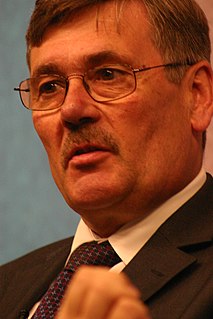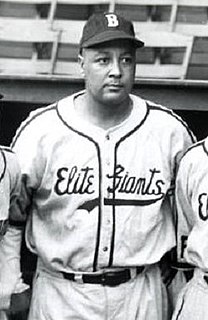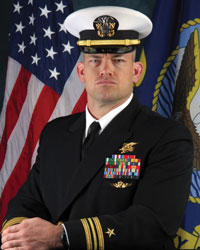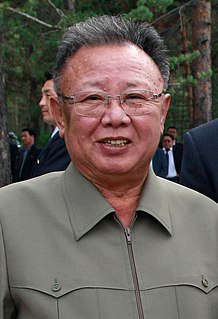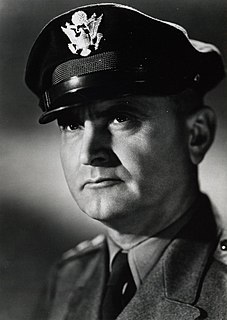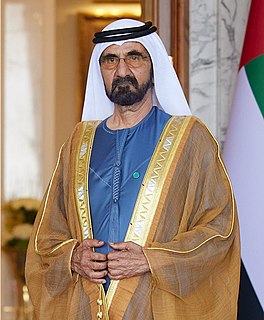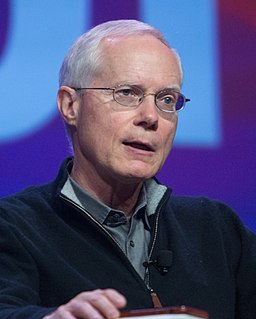A Quote by Bob Ainsworth
We need a leader able to project his or her personality and present our policies in today's media environment. All this is true - but we also need a leader capable of building a team, inspiring loyalty from colleagues, and one genuinely open to ideas.
Related Quotes
Leadership (according to John Sculley) revolves around vision, ideas, direction, and has more to do with inspiring people as to direction and goals than with day-to-day implementation. A leader must be able to leverage more than his own capabilities. He must be capable of inspiring other people to do things without actually sitting on top of them with a checklist.
Visualize a wagon wheel as a complete team. A leader might be the hub of the wheel at the center. Now suppose the spokes are the connecting relationships the leader is building with people on the outer rim of the wheel. If the hub is removed, then the entire wheel collapses. In a situation like that, if a team loses the leader, the entire team collapses.
I have worked with countless organizations that exhaust energy adapting to the weaknesses of the leader. I had a leader announce to his/her team the other day that he/she was the smartest person in the room. It perhaps was true, but that is where self-regulation should come in. The days of one genius surrounded by a bunch of worker bees are hopefully done. I know Millennials won't buy into such a scenario.
I always felt the gifts you need as governor were more suited for my personality. I'm a good team player, but I'm not a policy wonk. In Congress, you need 218 votes to make anything happen. When you're governor, you're the CEO of the state. You establish the vision and standards for the state. You're the leader.
Since the team understands that the leader is de facto in charge, in that respect, a leader has nothing to prove. But in another respect, a leader has everything to prove: Every member of the team must develop the trust and confidence that their leader will exercise good judgment, remain calm, and make the right decisions when it matters most.
I think, as a quarterback and a leader, it's not necessarily what you do in the limelight. Obviously, you want guys handling themselves in an appropriate manner for the organization and the team, but you need to be who you are. If you're a guy who does that and can be a leader, and naturally that's what you want to do, awesome.
What I teach our people is that, as a leader, you have four key roles apart from people management. First is to champion the grand vision. Two, install systems and a culture to run experiments. The third thing is to savour surprises. The fourth thing is that even a leader's ideas need to be subjected to tests.
